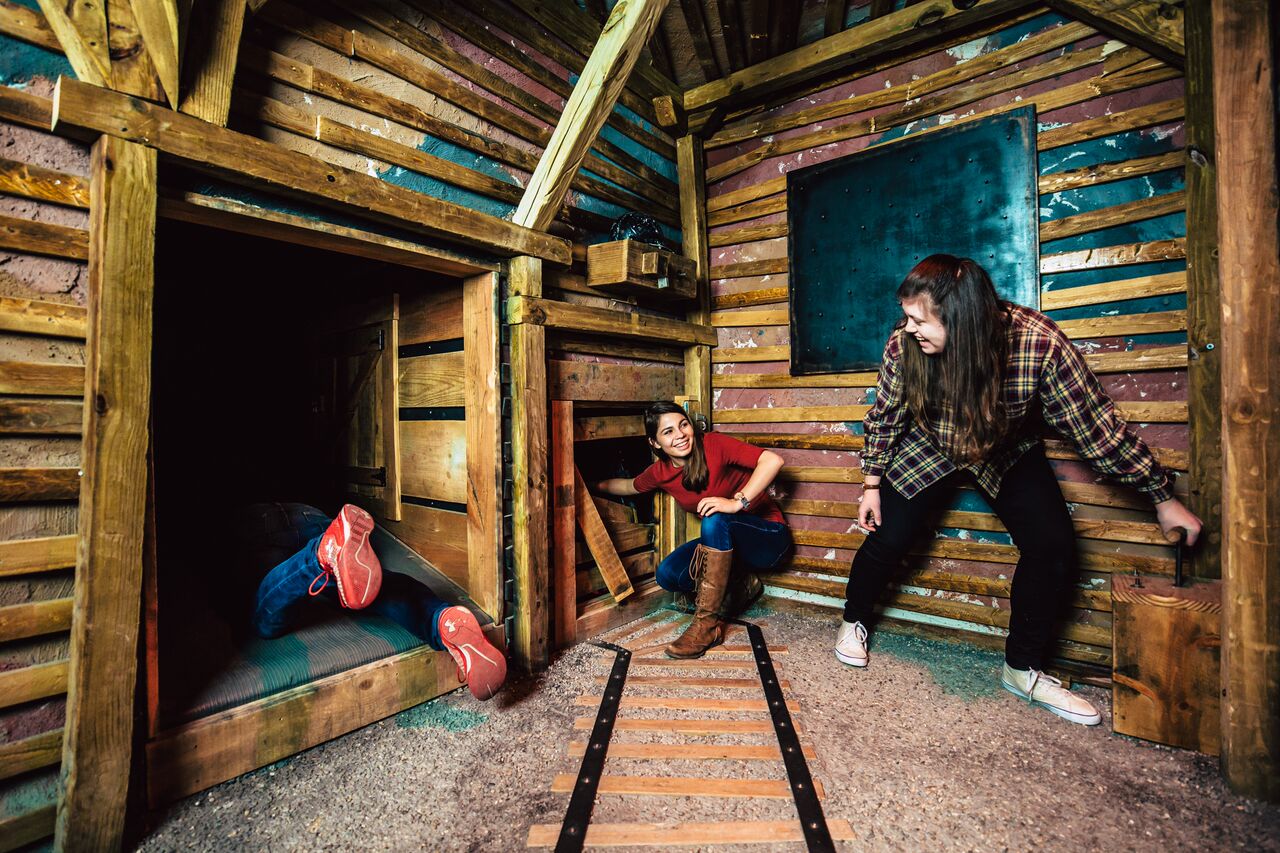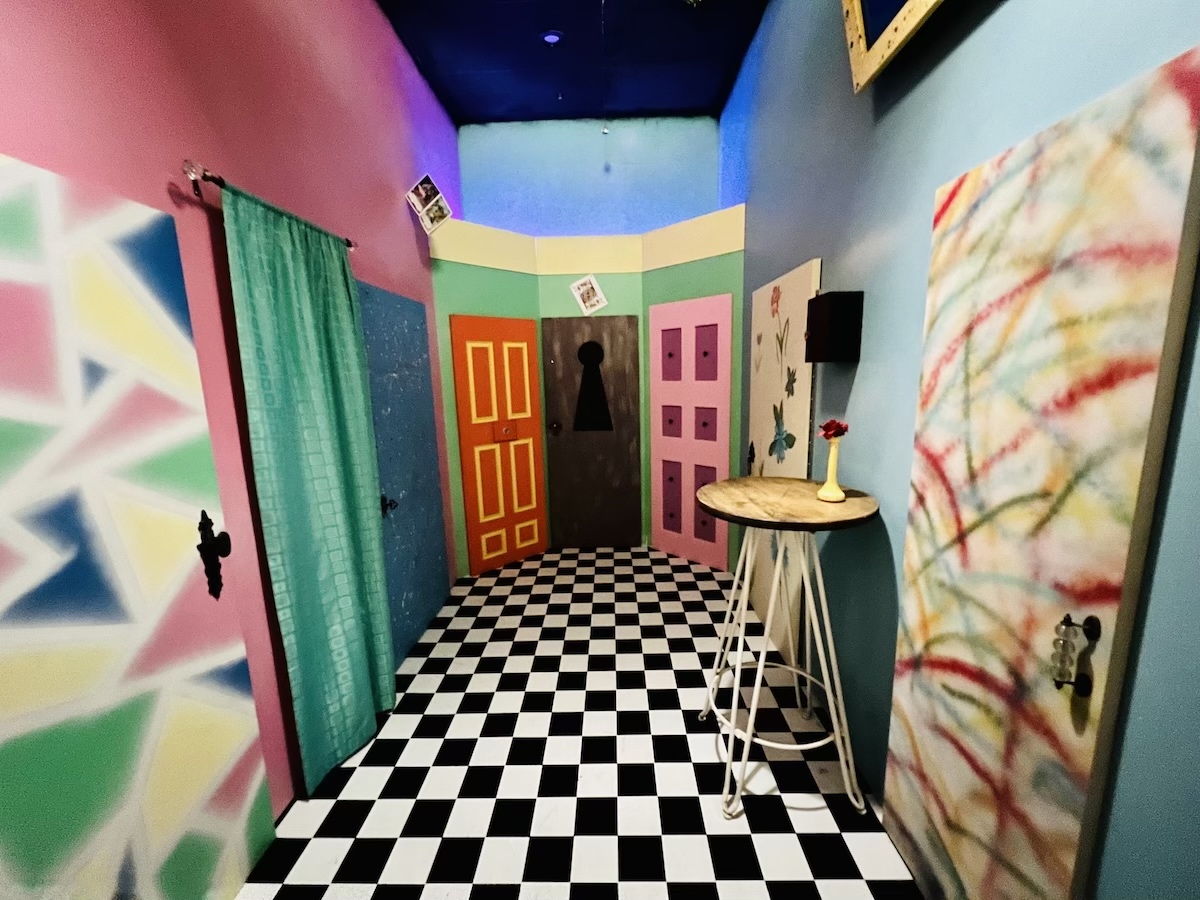Fun and Challenging Escape Room-- Plan Your Next Experience
Fun and Challenging Escape Room-- Plan Your Next Experience
Blog Article
Team Techniques: Exactly How to Collaborate Successfully in a Getaway Room
Teams must actively pay attention to each participant's insights, designate functions that straighten with specific toughness, and maintain routine check-ins to guarantee emphasis and avoid redundancy. By fostering an environment that values communication and adaptability, groups can considerably increase their efficiency and success rates.
Establish Clear Communication

To promote clear communication, it is essential to mark a main factor of call for details circulation. Short, concentrated updates from each team member can keep the group notified without frustrating them with information.

Appoint Roles Tactically
While clear interaction sets the foundation for efficient synergy, designating roles tactically makes sure that each employee's strengths are used efficiently. In a getaway area circumstance, the time-sensitive and complex nature of difficulties necessitates an efficient strategy to job delegation. By identifying and leveraging private proficiencies, groups can maximize their problem-solving abilities and boost total performance.
A person with an eager eye for detail may succeed in finding concealed objects, while a rational thinker can be much better suited to solving problems. This role frequently calls for solid business and interpersonal skills.
Second, guarantee that functions are flexible and adaptable. As brand-new challenges arise, the group has to be able to pivot, reallocating jobs as called for. This flexibility helps maintain energy and stops traffic jams that might happen as a result of stiff role jobs.
Inevitably, a tactical method to duty project not only takes full advantage of the toughness of each team member yet also promotes a cohesive atmosphere, driving the group towards a successful retreat.
Use Diverse Abilities
Acknowledging and taking advantage of the diverse abilities within your group can dramatically raise your performance in a retreat room. Each staff member brings distinct toughness to the table, and efficiently leveraging these capacities can accelerate analytic and boost overall efficiency. For instance, a group member with strong analytical skills may stand out at decoding complicated codes or patterns, while another with keen empirical capacities may rapidly spot covert clues that others may overlook.
Motivate team participants to articulate their insights and concepts immediately, making certain that all possible services are taken into consideration. Additionally, designating jobs that straighten with each member's toughness can avoid bottlenecks and guarantee that progression is reference constant.
Furthermore, diversity in abilities typically equates to variety in assuming designs, which is important in an escape room setup. While some obstacles might call for sensible reasoning and precision, others could take advantage of creative and side reasoning. By identifying and leveraging this diversity, teams can deal with a broader series of challenges better, therefore boosting their chances of an effective retreat.
Manage Time Properly
First, allocate initial minutes for a fast study of the space. Determine visible puzzles and divide jobs based on team members' toughness, making certain that nobody is still. Set inner time checkpoints to assess progress regularly; for example, goal to have half the challenges fixed by the mid-point of the video game. This technique can aid keep the group concentrated and prevent time from escaping undetected.
Furthermore, avoid one-track mind. If a challenge is taking also long, revolve team members or move on to another obstacle, returning later on with fresh perspectives. Communication is critical-- keep every person upgraded on fixed puzzles and continuing to be tasks to prevent repetitive initiatives.
Finally, make use of any kind of hints or hints sparingly however strategically - best escape room. Knowing when to request for help can conserve beneficial time. By sticking to these time administration principles, groups can dramatically visit improve their opportunities of an effective and delightful escape room experience
Debrief and Show
Representation is an important element of group advancement and enhancement in the context of retreat spaces. Once the obstacle is completed, whether effectively or otherwise, it is crucial for the group to involve in an organized debriefing session. This process allows group participants look at this now to assess their performance, recognize toughness, and determine areas for improvement.
Begin the debrief by reviewing what went well. Highlight certain circumstances of efficient communication, analytic, and collaboration. Acknowledging these favorable behaviors reinforces them and urges their repetition in future difficulties.
Following, address the challenges came across. Review moments of complication, miscommunication, or ineffective techniques. Motivate an open and useful dialogue where staff member can share their point of views without fear of objection. This cultivates a culture of continual renovation and discovering.
Conclusion
In final thought, effective collaboration in a getaway area is predicated upon clear interaction, critical function projects, the efficient utilization of varied skills, and skilled time monitoring. By developing a cohesive and adaptive group setting, the probability of efficiently solving challenges and accomplishing the purpose of leaving the area is significantly enhanced.
Report this page